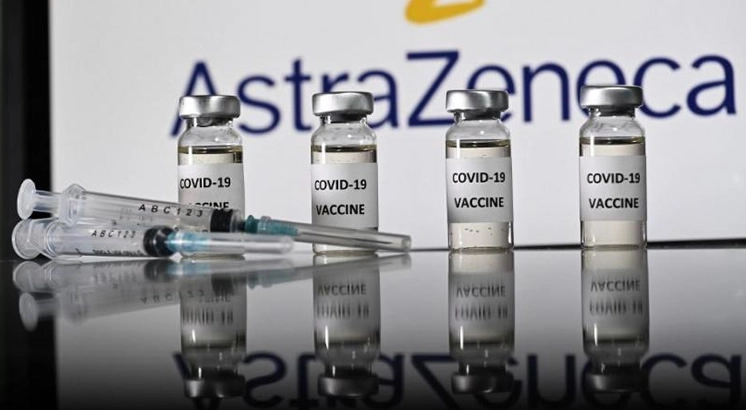If you are 40 and over, should you or shouldn’t you get the AstraZeneca Covishield vaccine?
Unlike the mRNA Pfizer BioNTech and Moderna vaccines, the AstraZeneca vaccine has been associated with the increased incidence of a very rare type of blood-clotting disorder known as VIPIT (vaccine-induced prothrombotic idiopathic thrombocytopenia).
In B.C., the AstraZeneca vaccine is now being offered for those age 40 and over (just announced on Monday) as VIPIT seems to affect younger adults, particularly younger women.
The risk for developing this rare side effect is estimated to be 1/250,000 vaccinations. This is based on data from the United Kingdom where 20 million doses of the vaccine have been administered.
Without knowing these numbers and comparing them to the risks of dying from other conditions, including COVID-19 itself, many have prematurely declined getting a vaccine.
Let’s take a look at a study that came out this month from the University of Cambridge’s Winton Centre for Risk and Evidence Communication that found that the benefits of the AstraZeneca vaccine far outweigh the potential risks in all age groups.
For a 25-year-old, the risk for serious harm from the AstraZeneca vaccine was 11 in one million; for a 50-year-old, four in a million.
Compare this to the risk of dying from COVID-19 in a 25-year-old: 23 in a million, and the significantly higher risk of dying from COVID-19 in a 55-year-old: 800 in a million.
The risk of dying in an accident is 110 in a million for a 25-year-old and 180 in a million for a 55-year-old. The risk of dying in a car accident is 38 per million in a 25-year-old and 23 per million in a 55-year-old.
At this point in the third wave of our pandemic, your risk of being infected with COVID-19, being hospitalized and dying is far outweighs your risk for the rare VIPIT condition from the AstraZeneca vaccine.
In fact, if you are not vaccinated, you have a much higher chance of getting COVID-19 and developing the usual type of blood clots that are associated with this virus. One in 5 of hospitalized patients with COVID-19 develop blood clots.
With respect to blood clots not related to vaccines, women aged 15 to 45 have a 1/3300 chance of developing blood clots, 1/1600 if they are on a birth control pill and 1/300 if they are pregnant.
As I’ve advised most of my patients, I told my sister to get the AstraZeneca vaccine last week rather than waiting the extra weeks or month it would take for her to wait for the Pfizer or Moderna vaccines. Our community case counts are currently so high that the risk of getting a COVID-19 infection is too great to delay getting any vaccine.
According to Stats Canada, COVID-19-related deaths in 2000 exceeding all other leading causes of death in 2019 except for cancer and heart disease.
During this pandemic, when our diets and healthy routines have lapsed and when many have avoided doing routine blood tests and medical checkups, most of us need to attend to our other medical risks.
According the Canadian Chronic Disease Surveillance System, 1/12 Canadians over age 20 has a diagnosis of heart disease; 12 of them die each hour in Canada. 14.8% of adults aged 65 to 74 have heart disease; 22.9% of those 75 and over.
Learn more about “What You Should Know About Heart Disease” at my next online talk brought to you through the Burnaby Division of Family Practice’s Empowering Patients public health education program. Find out if you are at risk, recognize important symptoms and learn what you can do to prevent heart disease at 7 p.m. on Wednesday, April 21.
For more information, please check or email Leona Cullen at [email protected]
Dr. Davidicus Wong is a family physician. His Healthwise Column appears regularly in this paper. For more on achieving your positive potential in health, read his blog at .

